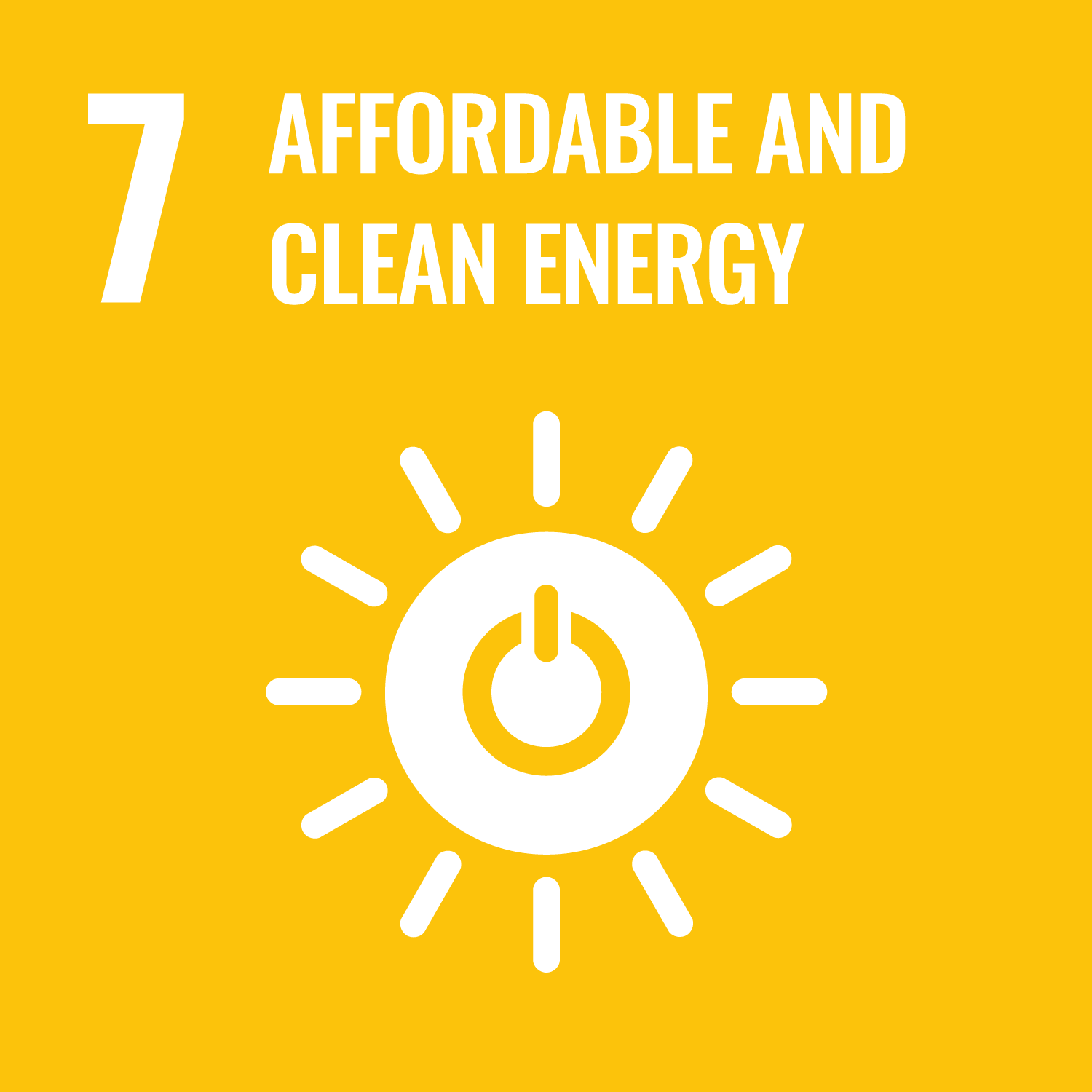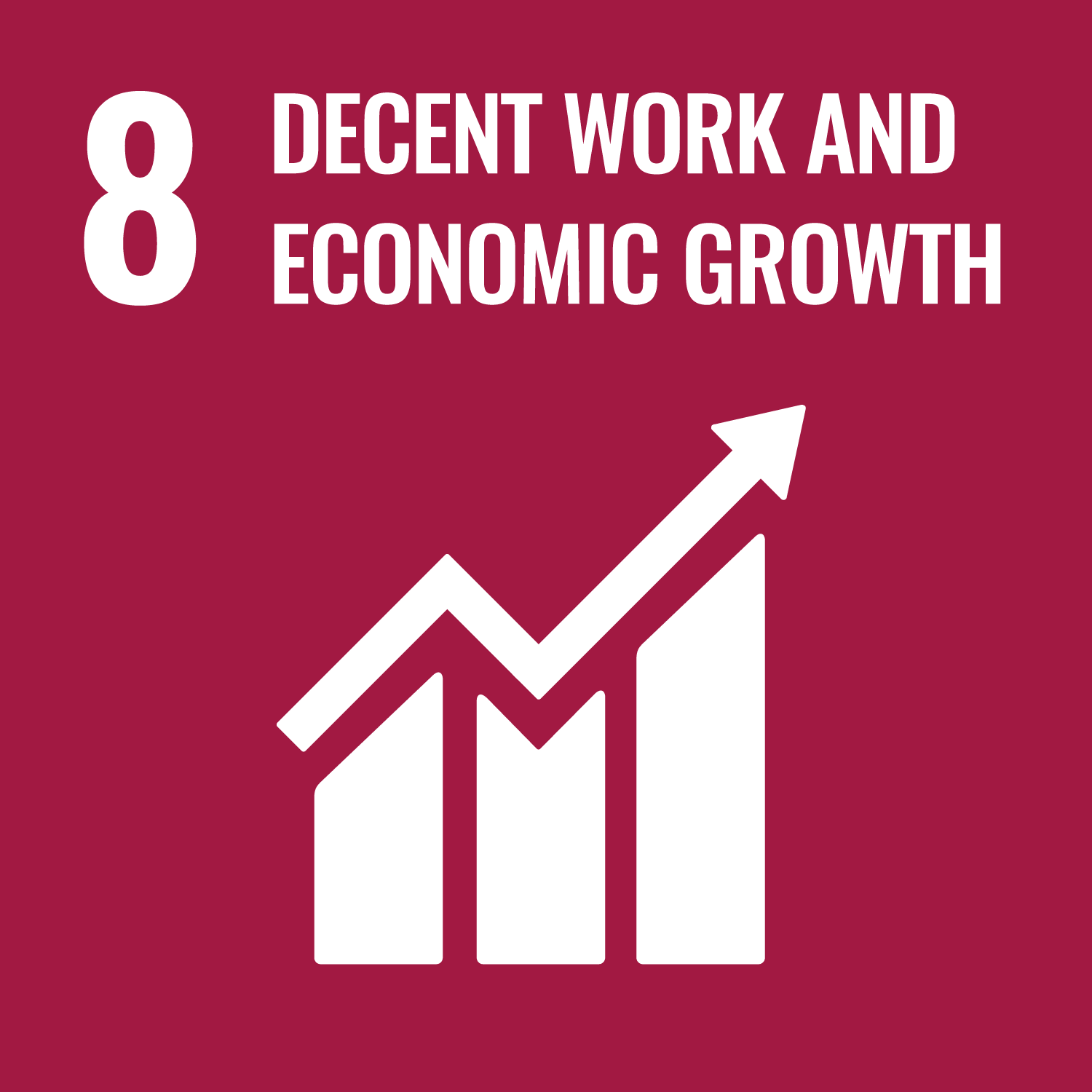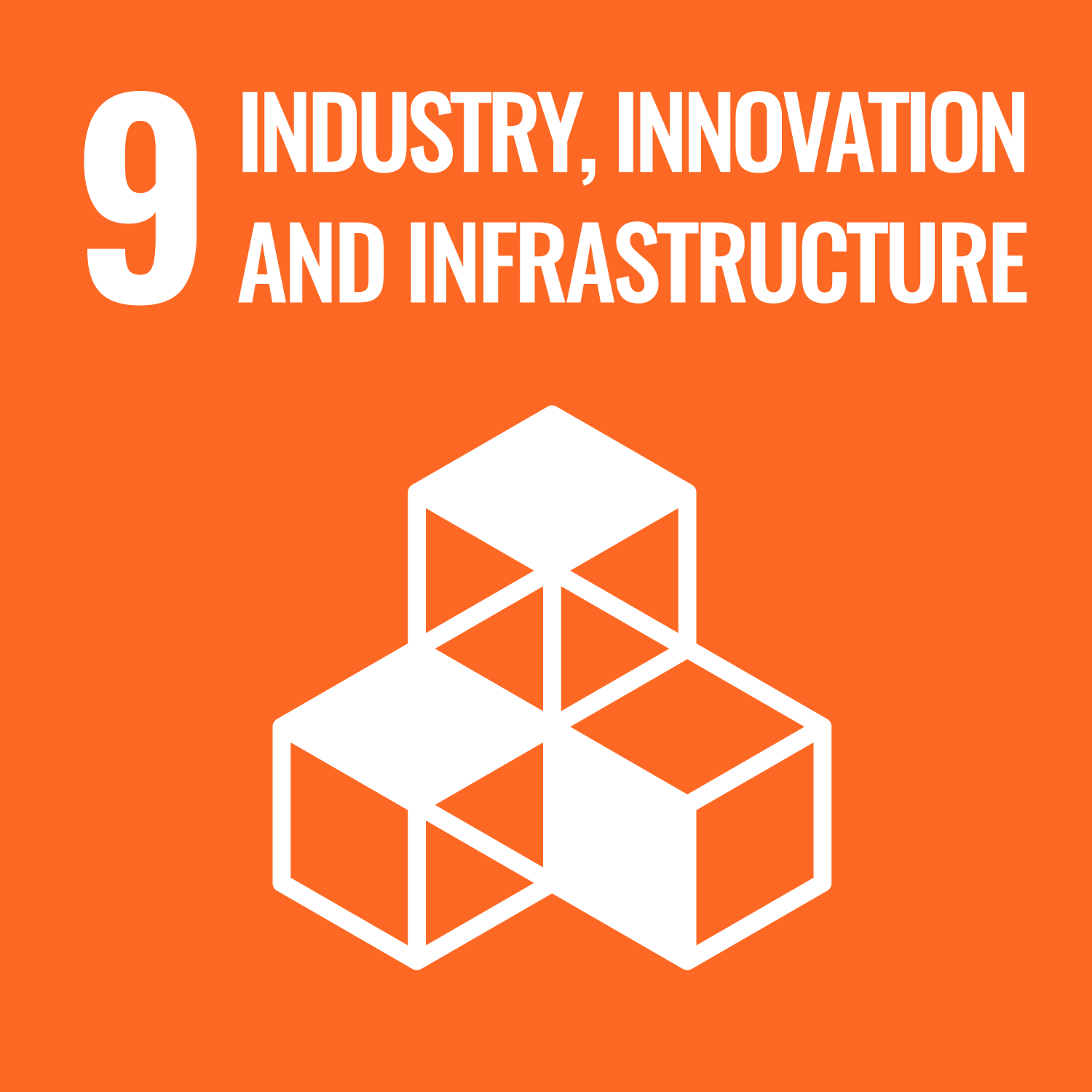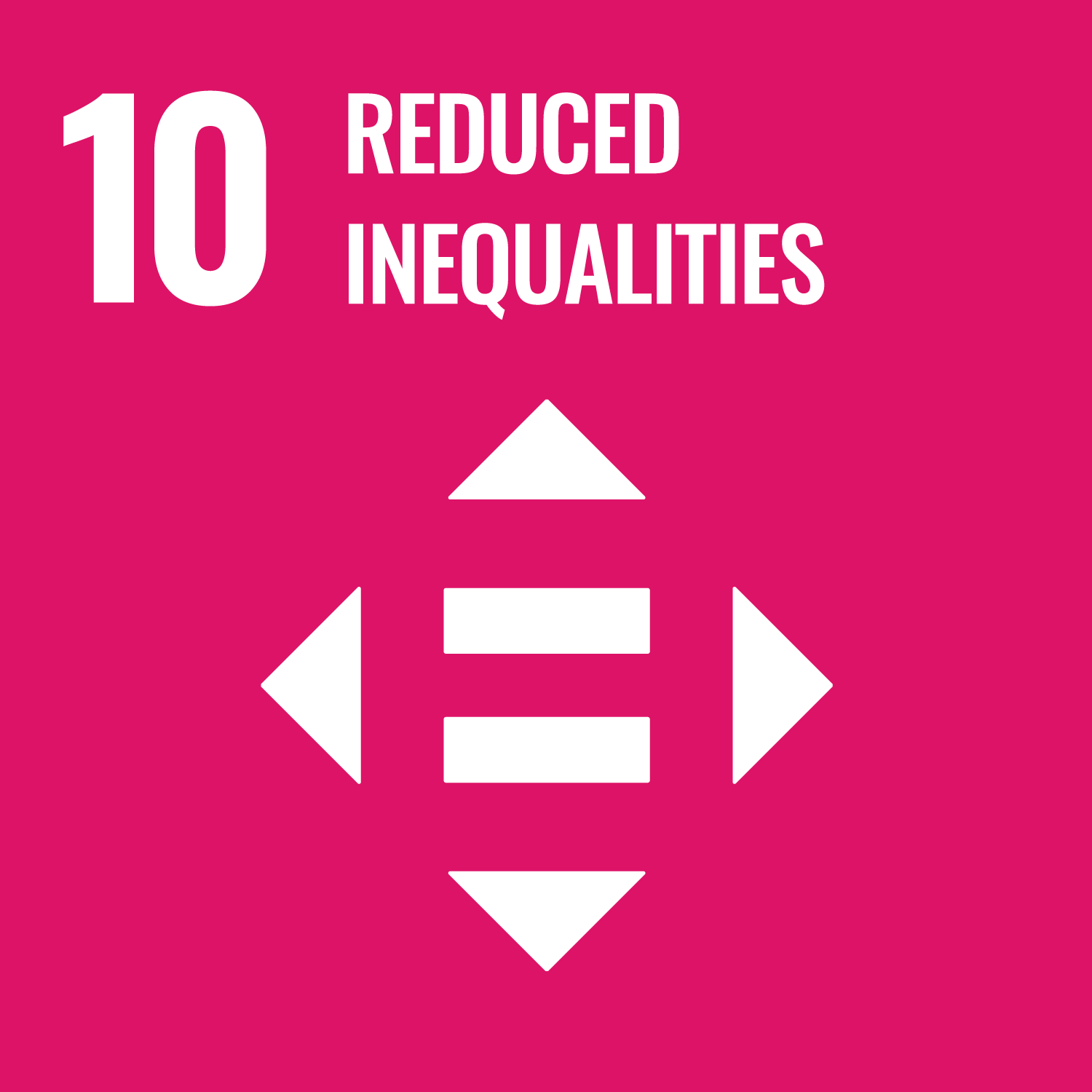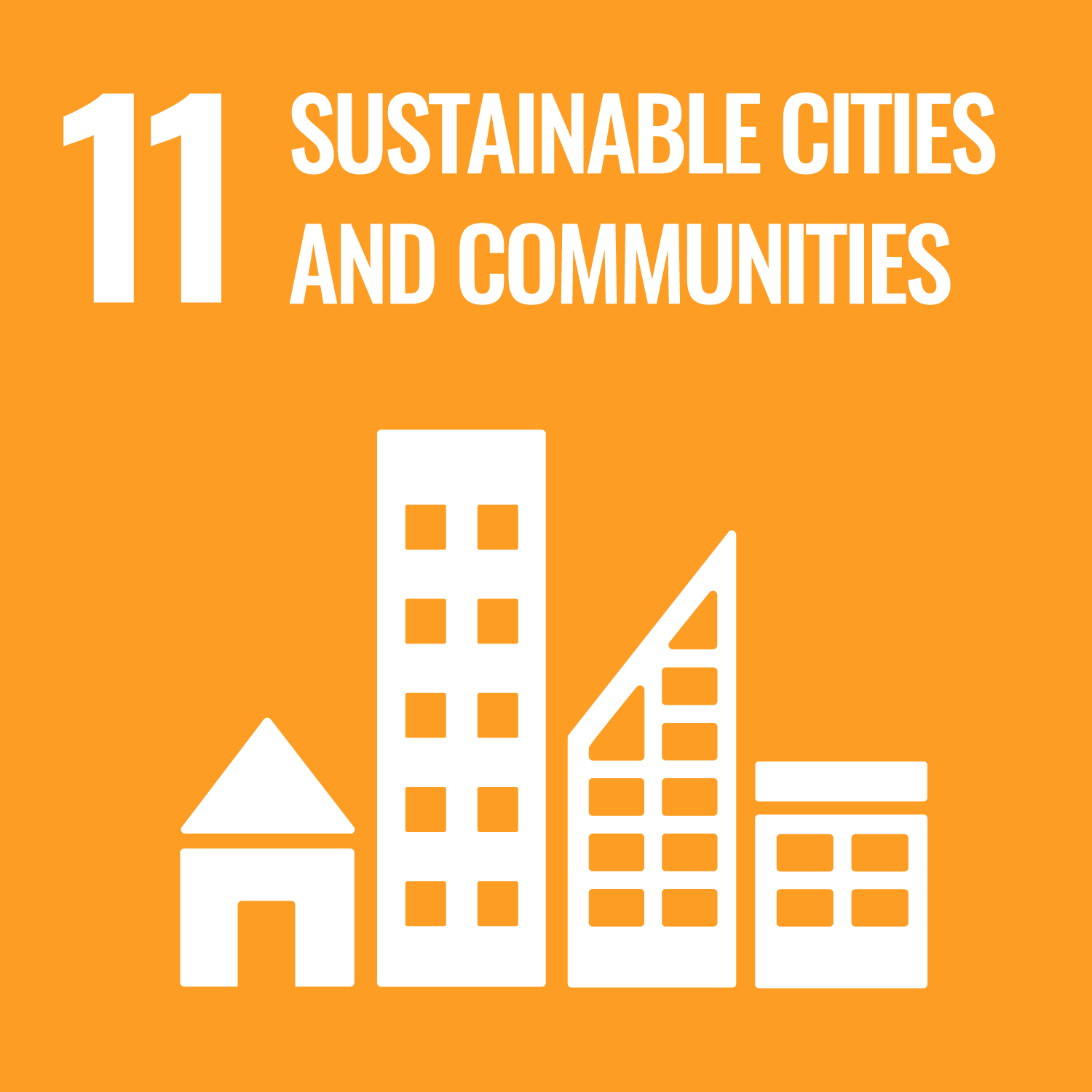Materiality
We review our material environmental, social and governance (ESG) topics regularly against industry trends, stakeholder feedback and our business objectives. Our material ESG topics were assessed and prioritised based on their potential impacts on the environment, society and responsible business practices. These topics are also aligned with the United Nations Sustainable Development Goals.
Materiality Assessment
Materiality assessment is important for identifying key ESG topics that are most relevant to our business and stakeholders. We adopt a four-step approach to identify and prioritise material ESG topics that have the most significant impacts on the environment, society and stakeholders. Our assessment process considers industry best practices, peer benchmarking and a thorough review of emerging trends shaping Singapore’s built environment sector. We actively engage with internal and external stakeholders to ensure that key ESG topics remain aligned with their expectations. These material ESG topics form the foundation of our annual sustainability reporting.
Materiality Assessment Process

Since embarking on our sustainability journey over a decade ago with our first materiality assessment workshop, we have consistently reviewed our material topics to ensure their relevance. In 2012, members of the Sustainability Steering and Working Committees (SSC and SWC) attended their first workshop facilitated by an independent sustainability consultant to identify key ESG issues impacting our business. In 2015, we expanded our reporting scope to include hotel operations in Singapore and conducted an additional materiality assessment workshop to integrate our global hospitality business into our sustainability journey.
Recognising the importance of stakeholder perspectives, we conducted a stakeholder engagement survey in 2019, facilitated by an independent sustainability consultant. This survey engaged key stakeholders including hotel guests, tenants, business partners, regulators and investors to determine the ESG topics most material to the Group.
Building on these efforts, in January 2022, we conducted another materiality workshop for the SSC and SWC. Led by an independent consultant, the session reviewed and validated our sustainability strategy and material topics to ensure that they remain aligned with evolving stakeholder expectations and global sustainability trends.
In 2024, we refreshed our material ESG topics together with SingLand to align ESG disclosures to comply with the upcoming ISSB sustainability reporting requirements. We identified “Responsible Sourcing and Supply Chain” as a new material topic and revised “Data Protection” to “Cybersecurity and Data Privacy”, reflecting the various cybersecurity initiatives undertaken by the Group to ensure the resilience of our digital infrastructure.
UOL’s Material Topics

Developing Better: Managing Climate Risk and Building Resiliency
-
Climate Change
- Greenhouse Gas Emissions
- Energy
- Water
- Waste
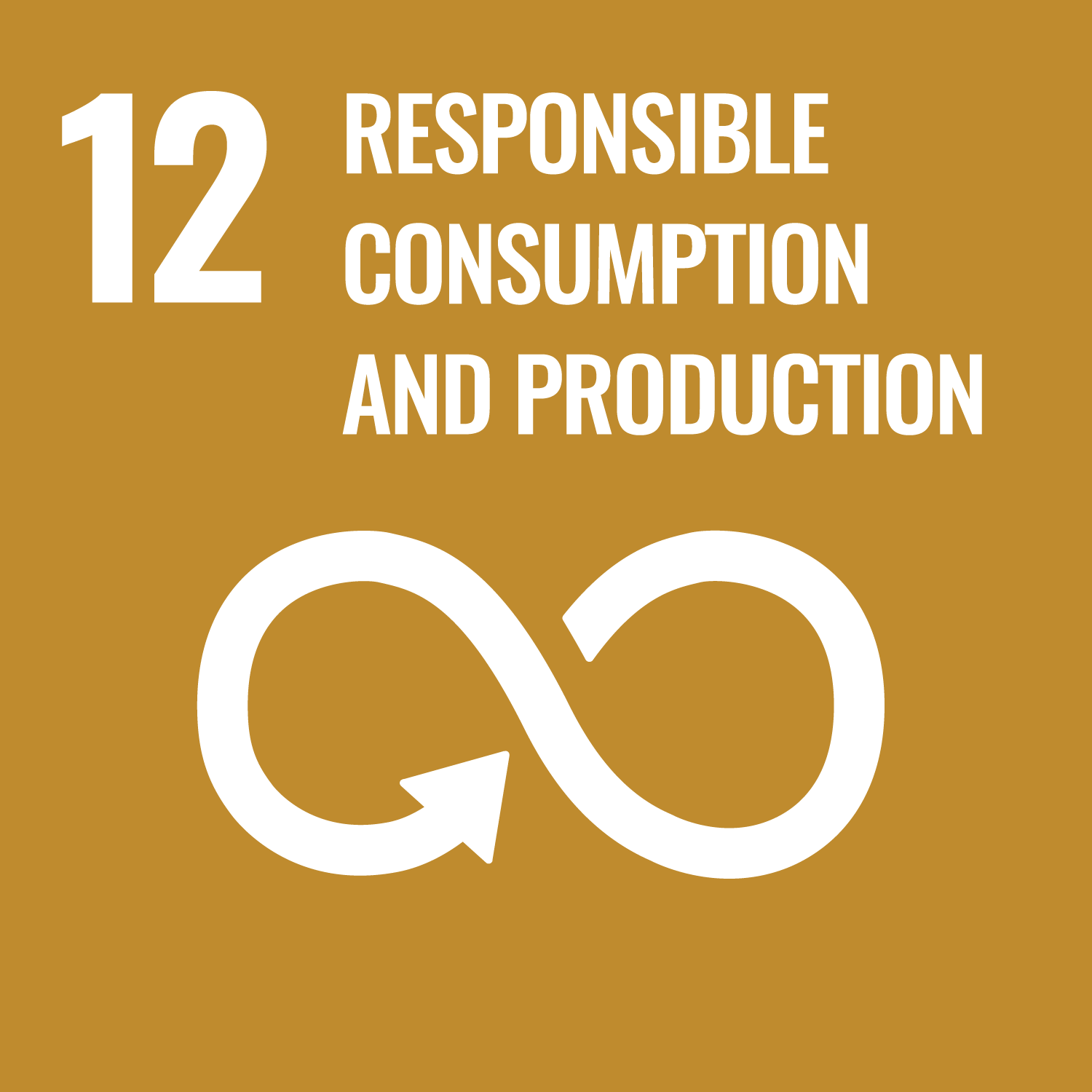
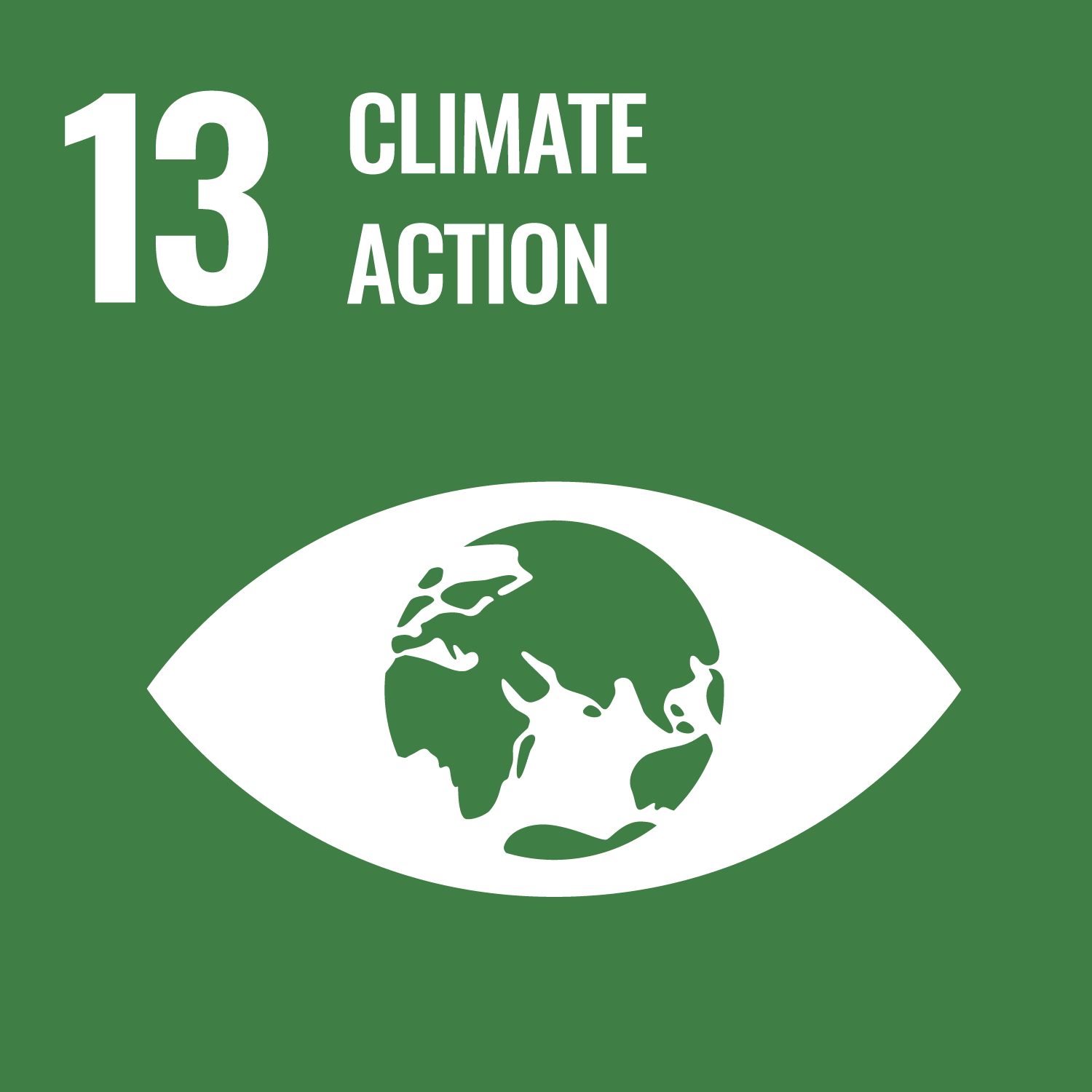
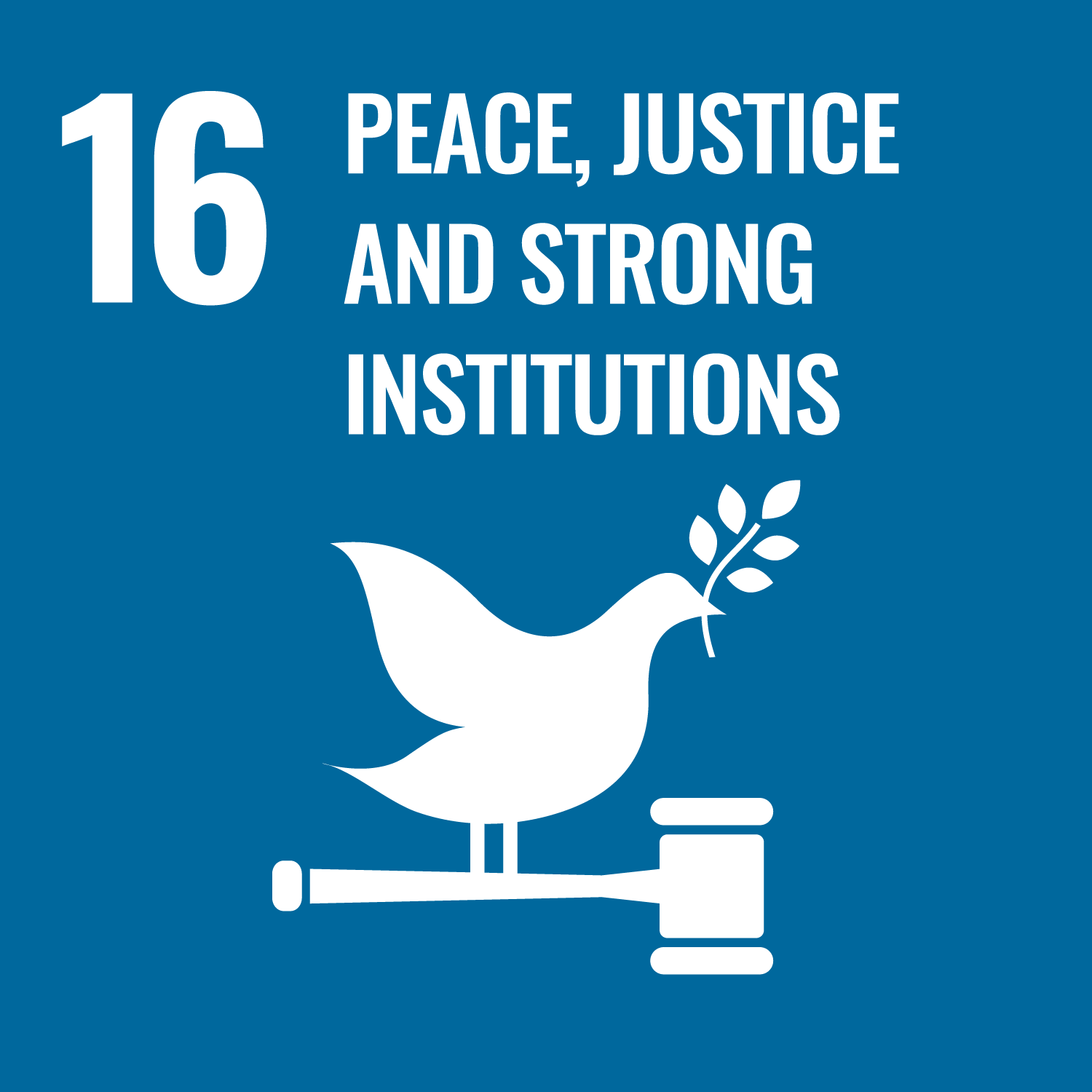
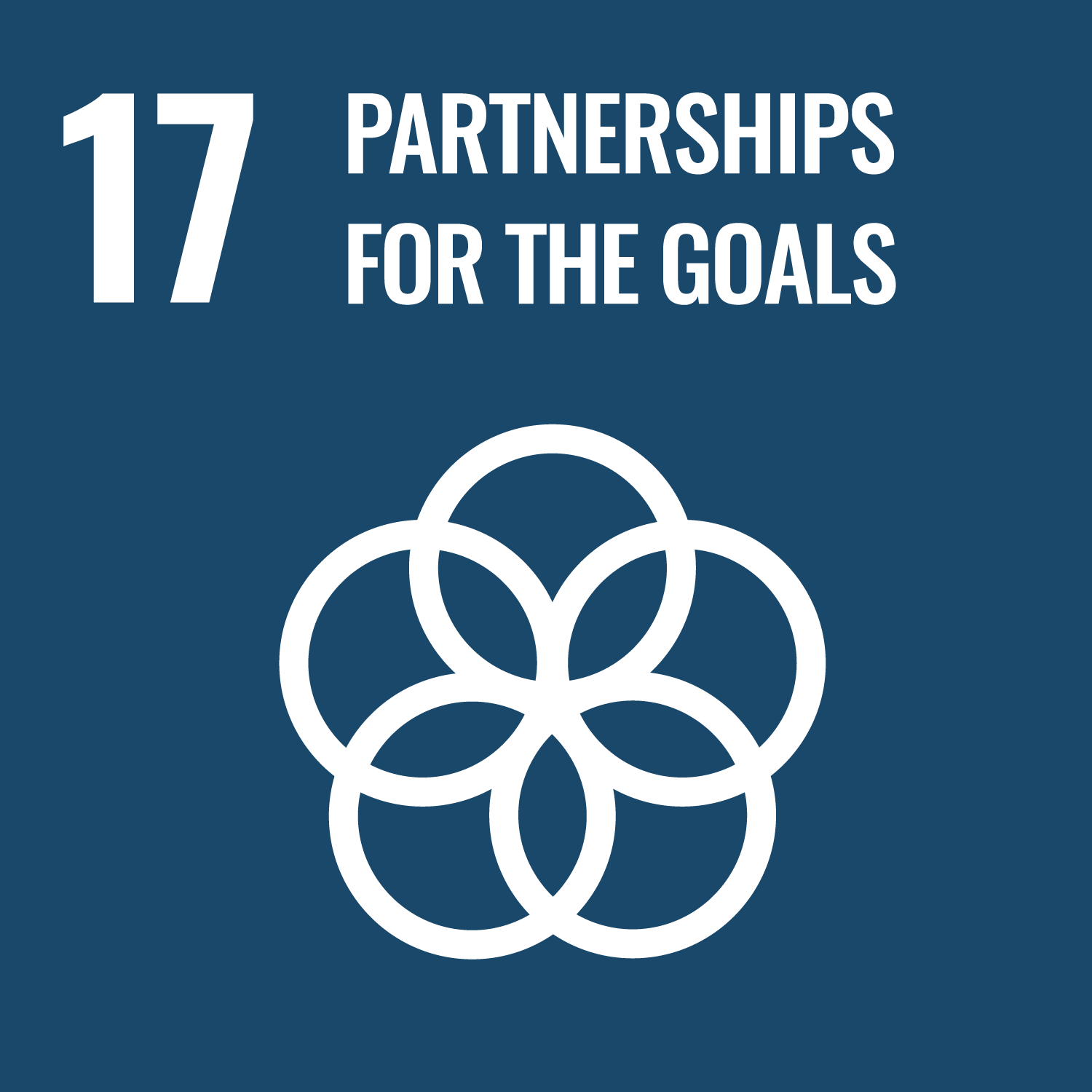
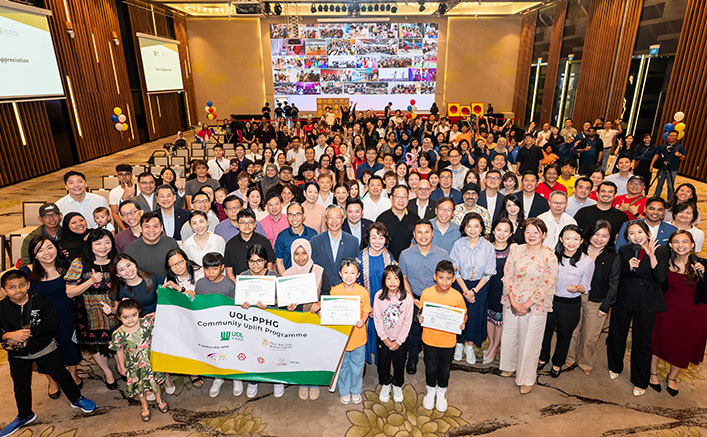
Building Good: Empowering People and Communities
- Health and Safety
- Employee Development and Well-being
- Diversity, Equity and Inclusion
- Product and Service Quality
- Local Communities

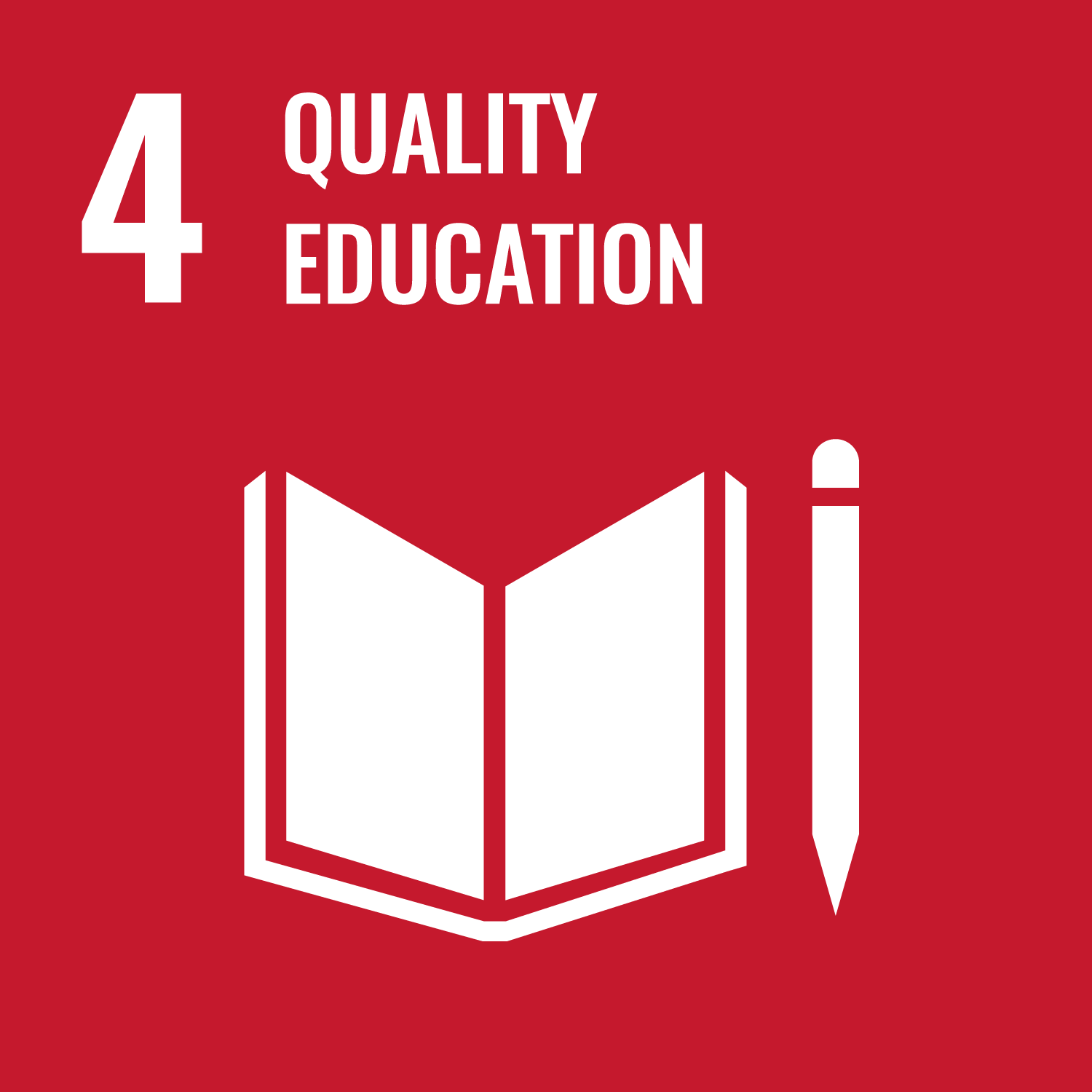
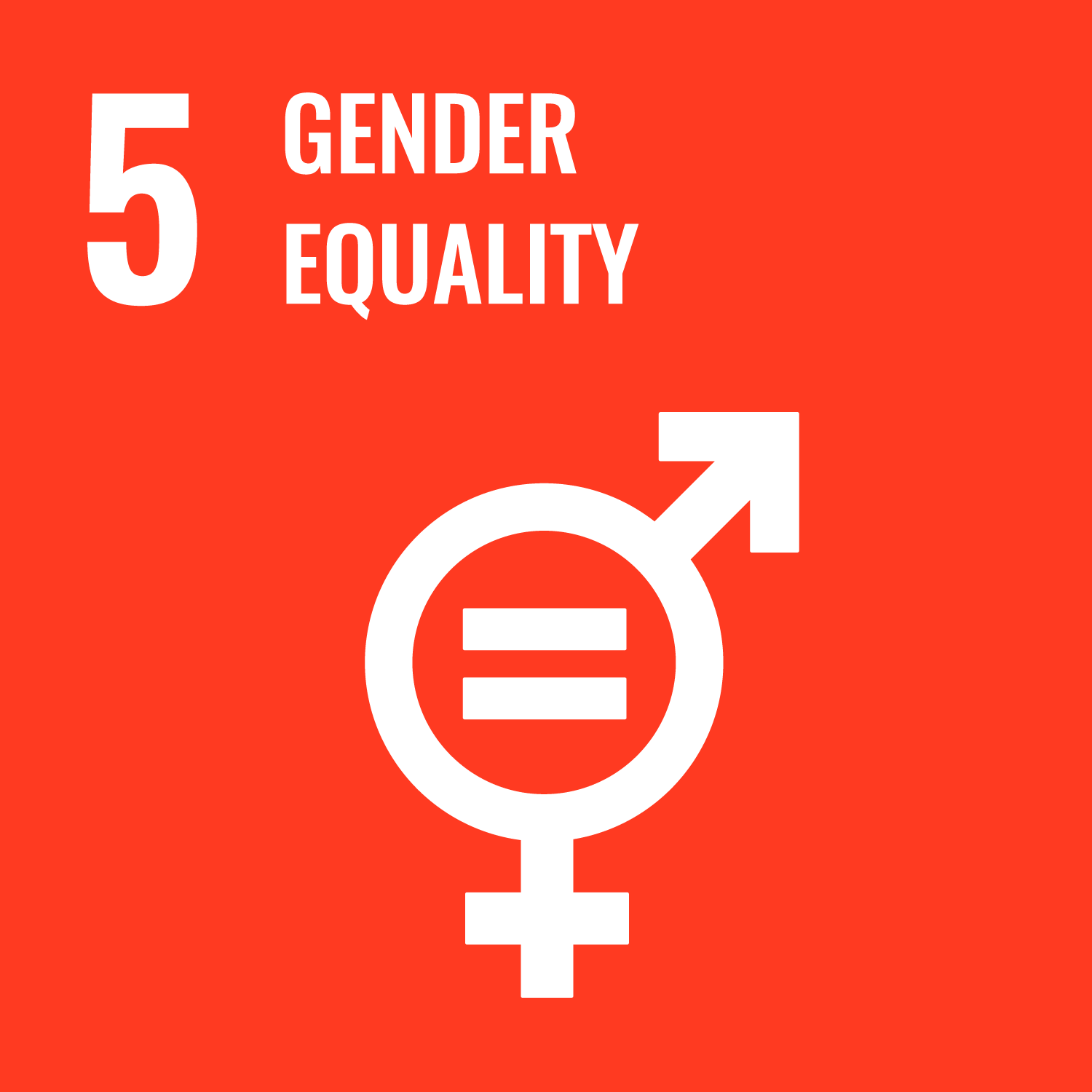
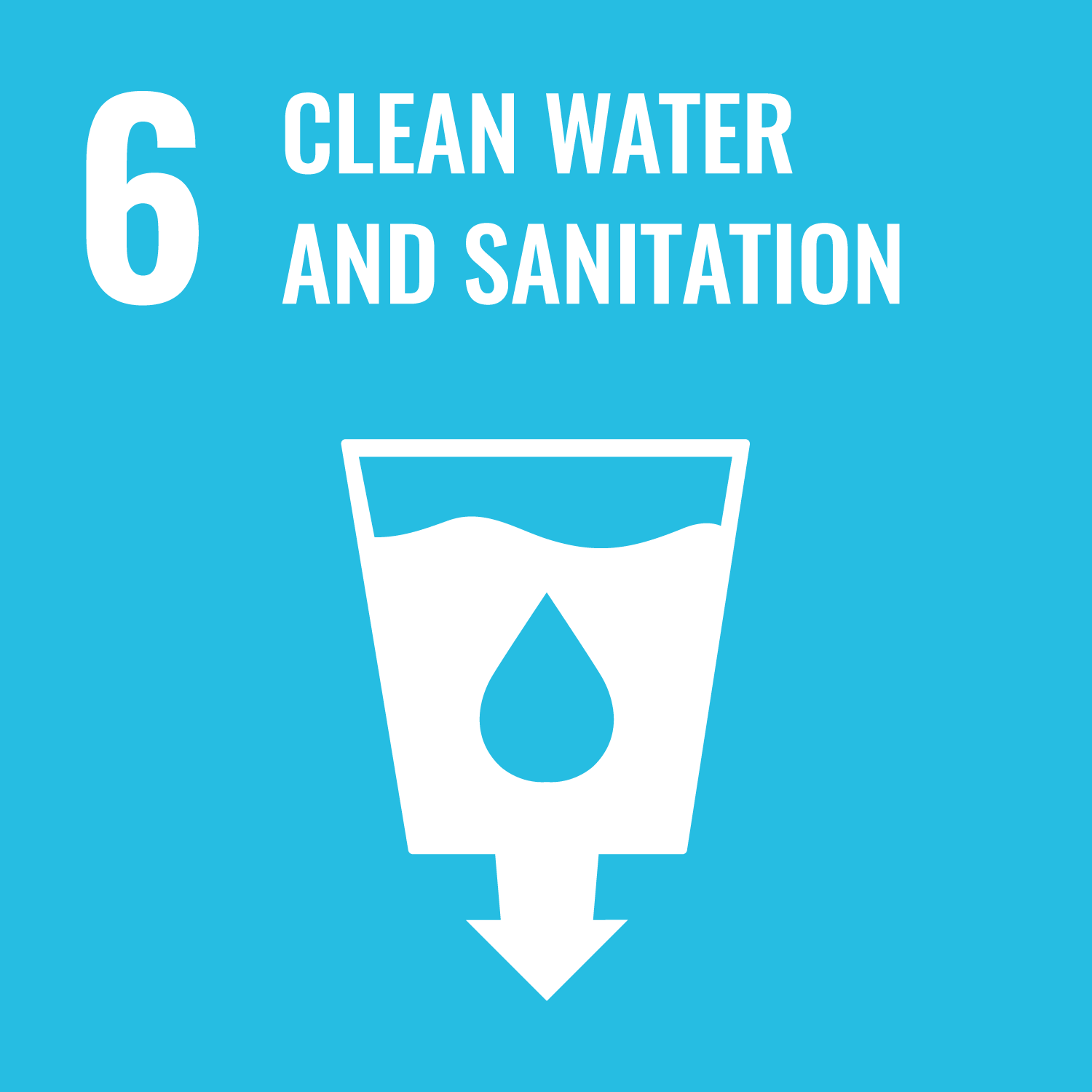

Doing Right: Conducting Business Profitably and Responsibly
- Anti-corruption and Ethical Business Practices
- Cybersecurity and Data Privacy
- Responsible Sourcing and Supply Chain
- Economic Performance
